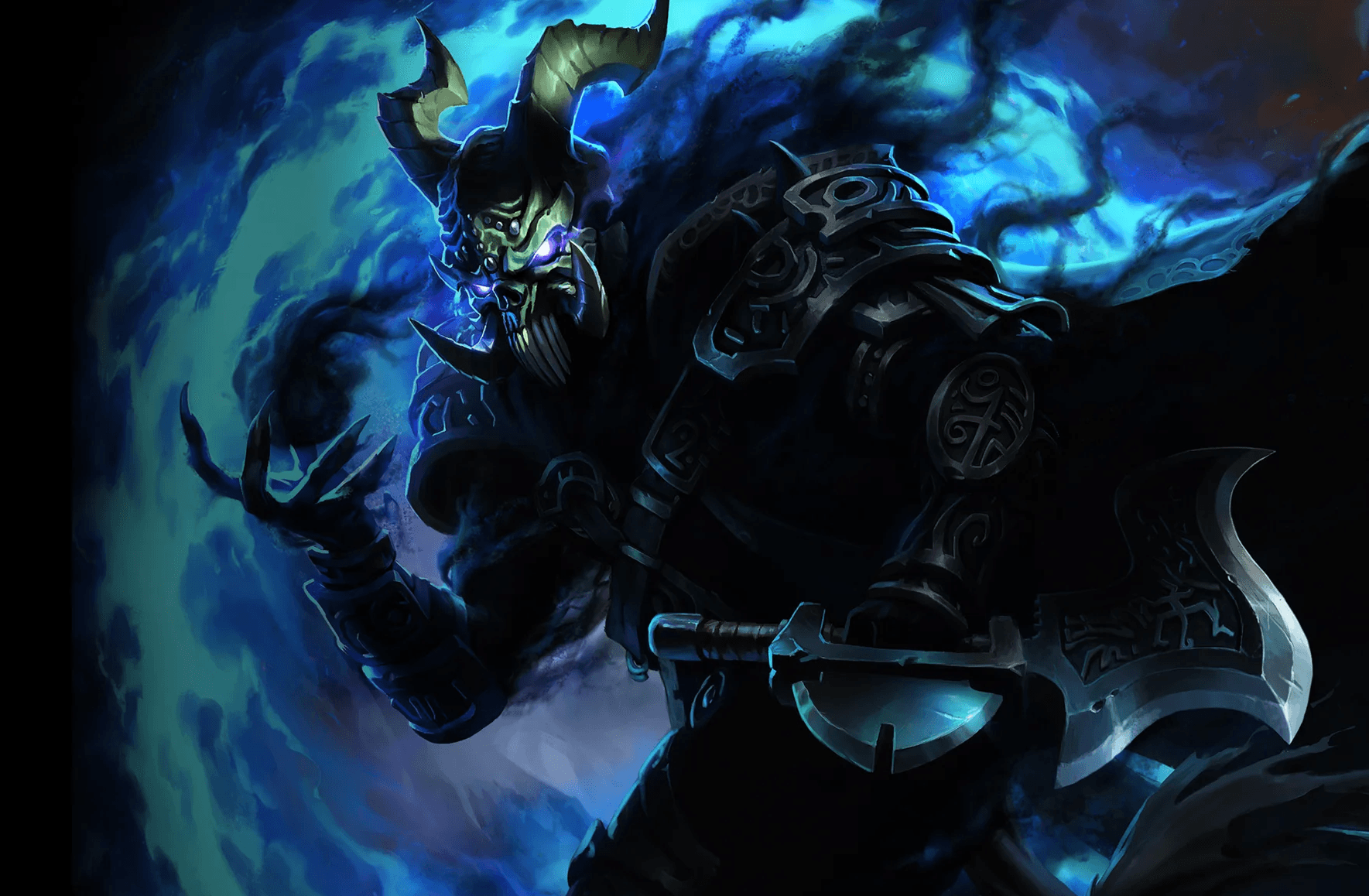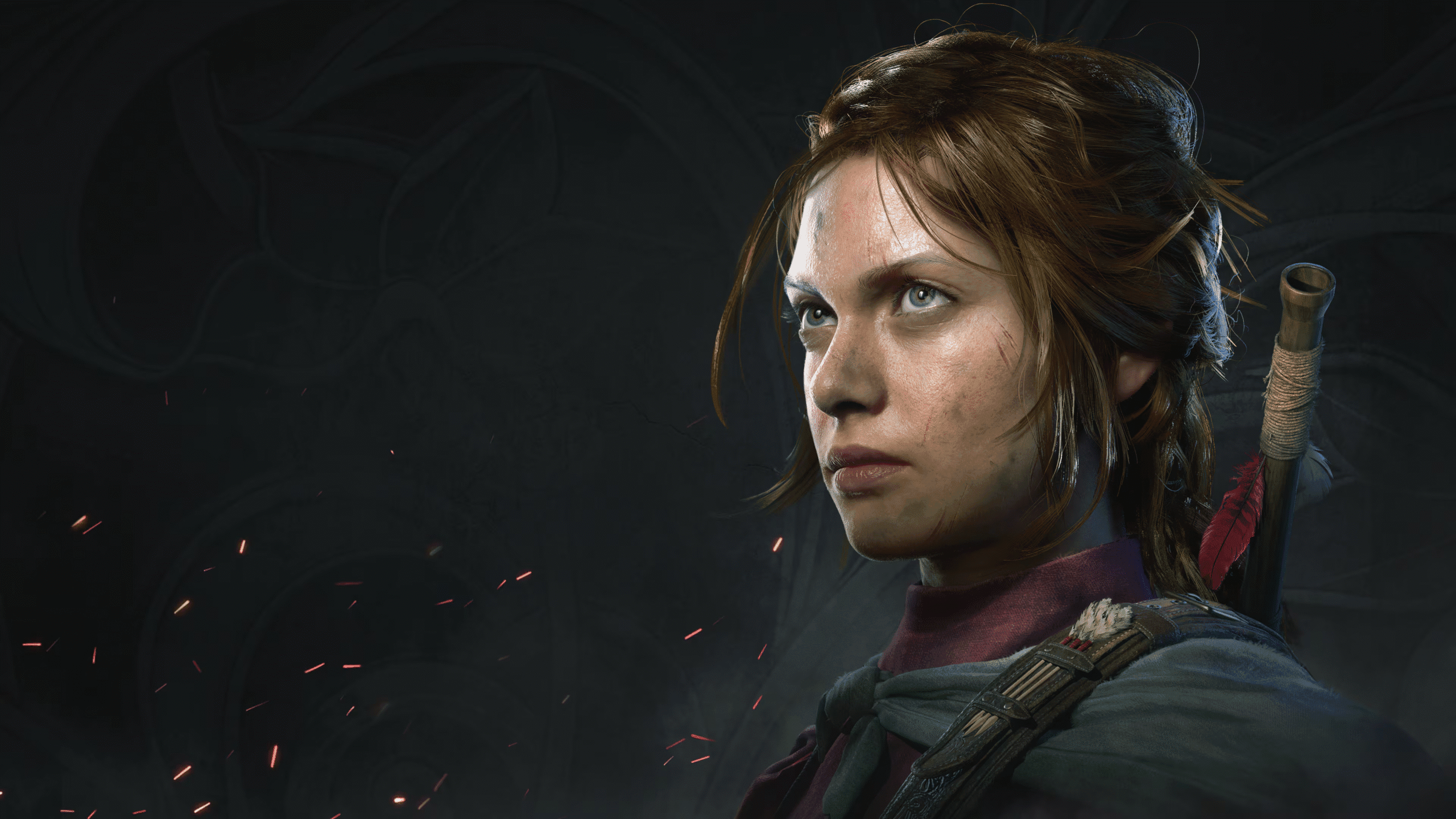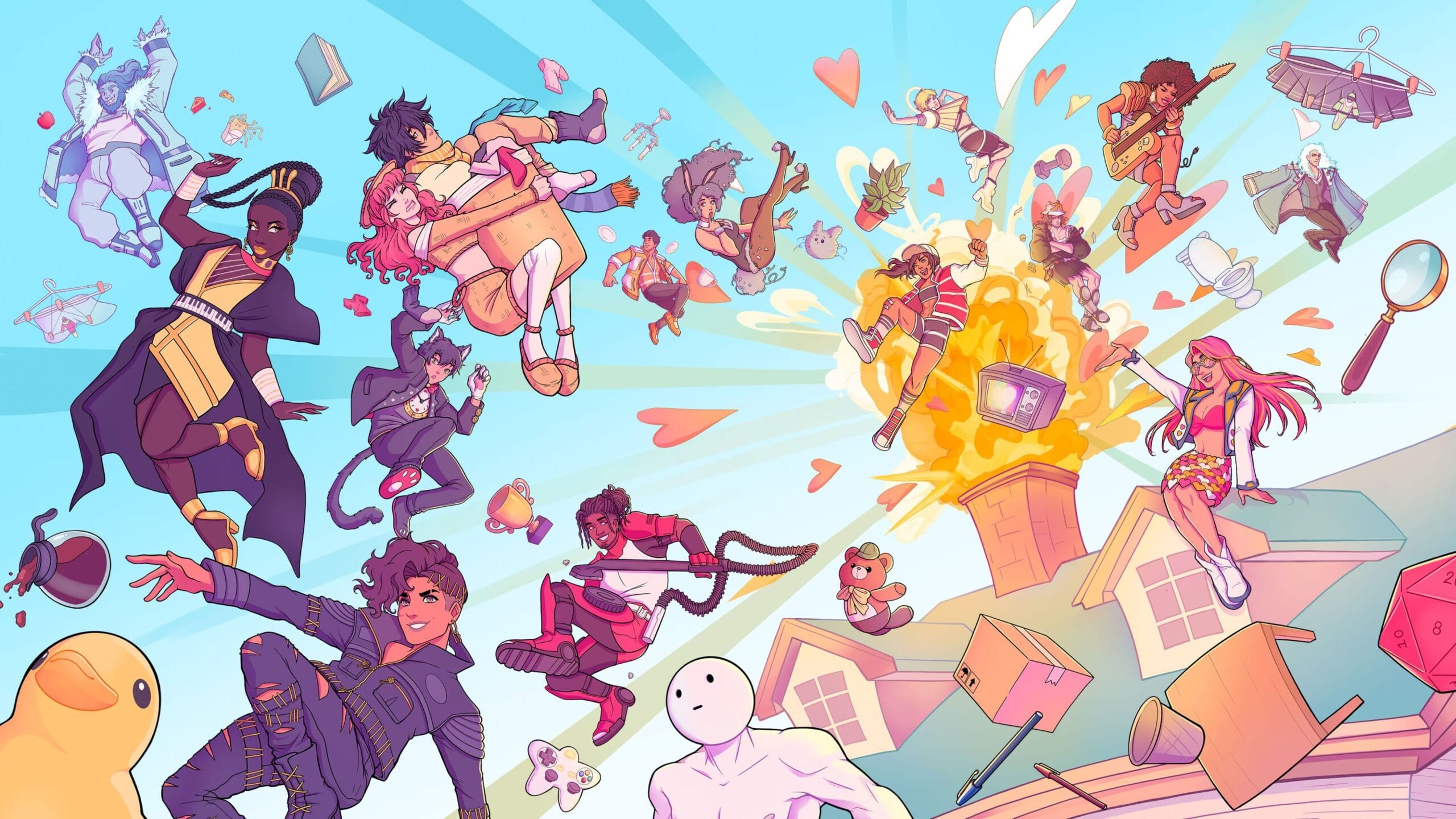It was a time of peace in Ivalice. A long-awaited wedding would bring out the people of Rabanastre in harmony and in celebration, but their joyous merrymaking would be short lived. Suddenly, an attack from the nearby kingdom of Dalmasca would shatter the tranquil atmosphere, turning excitement and happiness into panic and terror.
So begins the narrative of Final Fantasy XII. It will take you on a journey of exploration, of a deeper understanding of many of the game’s complex characters and into the heart of Ivalice, a world teetering on the brink of a new age of salvation or destruction, evolution or revolution, power and politics.
If these sound like bold promises for an in-game narrative, they should be. Yet Final Fantasy XII seems to deliver on most of them as you make your way through the game. This isn’t Shakespeare, by any means, but it is compelling, assisted greatly by the wide cast of supporting characters, each with their own motives for jumping into the fray.
One of the more interesting aspects of the game, the inclusion of the zodiac system, probably deserves more than a little nitpicking. First, why would a world such as Ivalice use such a familiar astrological system? Wouldn’t they logically have their own unique system? The use of the zodiac names are limited to the signs’ names representing the various classes, but there’s no rhyme or reason here, it seems as if they threw any name with any class. For example, the sign of Scorpio, a feminine water sign, known for its perceptive abilities and mysterious nature was chosen to designate the Foebreaker class, a profession that uses polearms and maces to smash enemies around. It seems as if, with just a bit more thought, there could have been an added layer of depth here, but what was thrown together, in terms of the zodiac implementation was mediocre, rather than being great or exceptional.
Being largely a remake, the original Final Fantasy XII was originally released in North America in 2006, on the PlayStation 2. Despite much of the game’s progression and narrative being familiar, there are a number of notable changes in this newest version of the game.
One of the most significant changes involve the license board, in terms of character progression. Instead of a massive license board that each of your characters progress on, now each character can select two distinct classes, each with its own smaller license board to progress on. This takes things a step further in distinguishing the game’s license board job system from Final Fantasy X’s sphere grid system of character progression.
At certain points throughout the game’s narrative, you’ll have the option of adding a 4th character or “guest” character to your party (typically your party will only contain 3 characters). You can now directly control guest characters (and even set up their gambits; or adjust how they respond in specific situations) making them more akin to regular party members. You also have direct control of summonable Espers now as well.
You can also speed up the game significantly, either 2x or 4x, which is extremely useful for traversing the world, grinding for experience, or simply speeding up long and arduous boss battles.
Trial Mode was also added into this new release, and consists of 100 floors, each progressively difficult. You earn no experience but you do get license points, can keep any items you manage to get as steals or drops from creatures and can save every ten levels. Transferring your newly found items and license points to your regular game saves means you’ll have to restart trial mode, however.
The Zodiac Spear, arguably one of the most powerful weapons in the game, had an infamous legacy in the original version of the game, where it was only obtainable if you purposely did not open four in game chests that were scattered across the world. Now the spear is a loot item in one of the final areas of the game, hidden away in a rather innocuous treasure chest, that only spawns 1% of the time. You can also get it as a reward for completing a number of rare hunts at the Hunt Club.
There are also a number of smaller in game changes, such as spells changing categories, two new versions of new game+ mode, a new arsenal of ultimate weapons being added to the game, some enemies and their attacks being altered slightly, quickenings (the game’s version of limit breaks or finishing moves) no longer use MP but instead have their own gauge, and some spells that were previously available in magic shops are now hidden away in chests.
In the end, Final Fantasy XII represents a pivotal transition into a new age of narrative for the long running franchise. While previous games in the series were heavily character driven, in terms of narrative, future entries after this point would focus on a more definitive approach, balancing the character driven style from earlier entries with a more action oriented focus and a decidedly more modern aesthetic in future titles.






